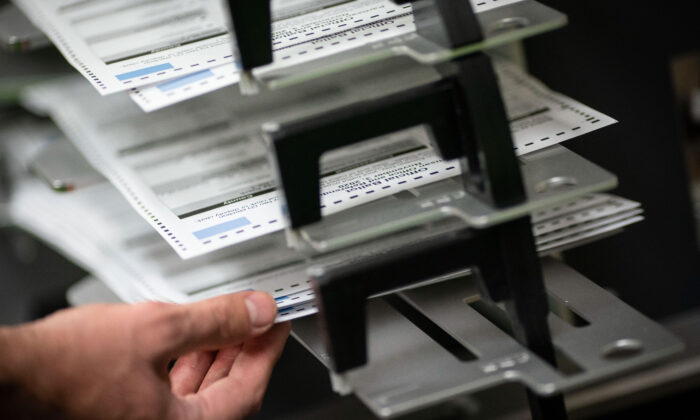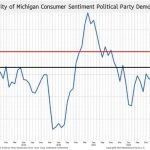Editors Note: "It's not too late to save America's existing trade deals through tough renegotiations. Donald Trump knows that as the world's largest and most lucrative market, America has an enormous bargaining chip," they wrote.KNOWLEDGE IS POWER. JOIN US Stay Informed: GODS LITTLE ARMY aka GLA... www.GLA.news
Wilbur Ross and Peter Navarro say we need an “art of the deal” negotiator like Republican presidential candidate Donald Trump to fix U.S. trade policy.
“Trump is threatening to leave the World Trade Organization and rip up agreements like the North American Free Trade agreement, and his critics predictably are branding him everything from “wrong-headed” to “insane,” they wrote for CNBC.com.
“When our politicians and diplomats negotiate trade deals, we lose because they don’t know a good deal from a bad one,” wrote Ross, an international private equity investor, and Navarro, a business professor at UC-Irvine and a policy advisor to the Trump campaign.
“For instance, when President Bill Clinton signed NAFTA in 1993, he believed it would “create 200,000 jobs in this country by 1995 alone.” Instead, the U.S. has lost over 700,000 jobs, according to the Economic Policy Institute, while our trade deficit with Mexico has rocketed from $1.6 billion in 1993 to $60 billion in 2015, according to the Commerce Department,” they wrote.
“Here’s the tragedy — and one that would never occur if an “art of the trade deal” Trump were in the Oval Office: All of our bad trade deals could have been good ones if we had simply bargained tougher. Safeguards going forward should include: (1) prompt triggers and automatic renegotiations if the trade gains are not distributed fairly, (2) equally prompt relief against NTBs, (3) ironclad sanctions against currency manipulation, (4) zero tolerance on intellectual property theft, and (5) stringent environmental and health and safety standards — without the proverbial “wiggle room” characterizing proposed deals like the Trans-Pacific Partnership,” they wrote.
“In any negotiation or renegotiation, our guiding principle should be this: Enter into a free trade agreement only if it both increases total trade and reduces our trade deficit. When these two conditions are met, real world trade will converge with textbook theory, this country will be far more prosperous, and a now shattered faith in the global trading order will be restored. Only a Reagan or a Trump-like figure in the White House will achieve this goal,” they said.
Trump promises to pull the U.S. from NAFTA if Canada and Mexico refuse to renegotiate it. He called the Asia-focused Trans-Pacific Partnership “a rape of our country.” He says he would impose punitive tariffs on goods from China, which doesn’t have a free-trade deal with the U.S. but is a member of WTO.
An investor and businessman who made his billions advising bankruptcies and restructuring flailing companies, Ross was No. 20 in Newsmax’s 100 Most Influential Business Leaders in America.
Ross is a force in the steel, coal, telecommunications, foreign investments, and textiles industries. He spent 25 years with Rothschild Inc.’s bankruptcy practice and then founded investment firm WL Ross in 2000. It was acquired by Invesco in 2006. He has spent the recent years turning around troubled banks, first the Bank of Ireland and then the Bank of Cyprus.
Ross successfully bet on the Irish banking system when it was on the ropes. Ross is known for restructuring failed companies in industries such as steel, coal, telecommunications, foreign investment and textiles. As of June 2015, Forbes listed Ross’ net worth at $3 billion.
Ross, who specializes in leveraged buyouts and distressed businesses, leads a group of investors who last year poured 1.3 billion euros ($1.47 billion), into Eurobank Ergasias, the third-largest bank in Greece, the New York Times said.










